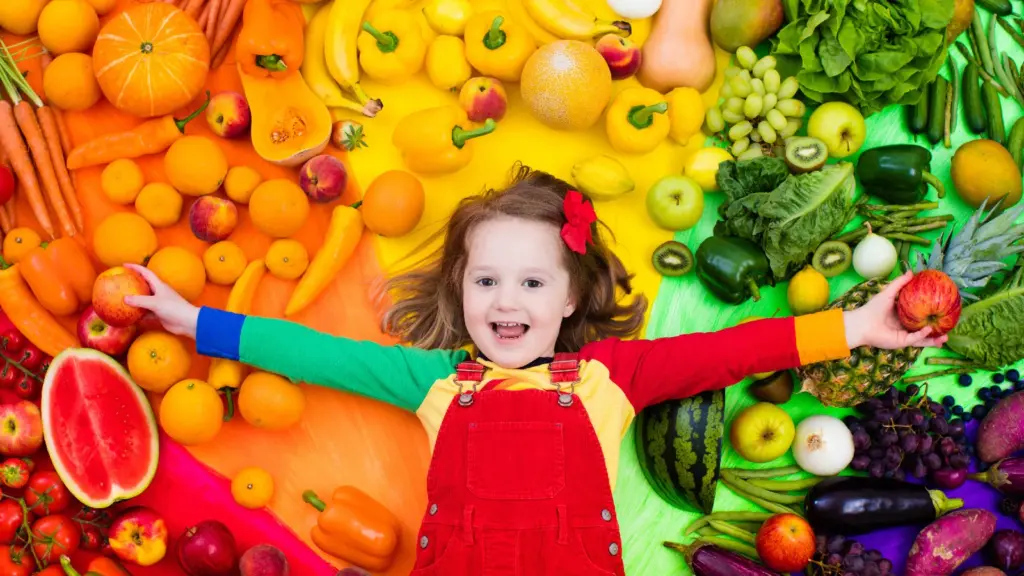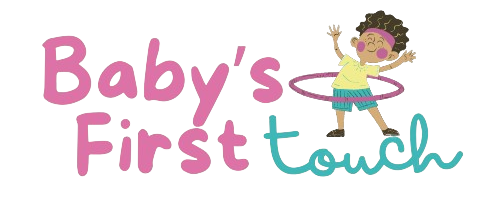Introduction to Toddler Nutrition
Why Nutrition is Critical in Early Childhood
Proper nutrition during the toddler years is essential for supporting rapid growth, brain development, and physical well-being. Toddlers are at a crucial stage where their bodies are growing at a fast pace, and their brains are developing connections that will impact learning, memory, and emotional regulation for years to come. A balanced diet provides the fuel needed for this development, while also laying the foundation for healthy eating habits that can last a lifetime.
The Importance of Establishing Healthy Eating Habits Early
Establishing healthy eating habits during the toddler years helps set the stage for lifelong wellness. During this phase, toddlers are learning to explore new tastes and textures. It’s a time when parents can introduce a variety of nutrient-dense foods, helping children develop a taste for fruits, vegetables, whole grains, and lean proteins. Habits formed during this critical period can influence food preferences well into adulthood, making it easier for children to maintain a balanced diet as they grow.
How a Balanced Diet Supports Growth and Development
A balanced diet ensures that toddlers receive the right mix of macronutrients (proteins, carbohydrates, fats) and micronutrients (vitamins, minerals) to support their physical and mental growth. Protein helps build strong muscles, carbohydrates provide energy, and healthy fats contribute to brain development. Micronutrients like calcium, iron, and vitamin D are critical for bone health and immune function. A lack of these essential nutrients can lead to developmental delays and health issues, making it vital to offer a well-rounded diet.
Common Nutritional Challenges for Toddlers
Despite the importance of nutrition, many parents face challenges when trying to ensure their toddlers eat a balanced diet. Picky eating, inconsistent appetite, and resistance to new foods are common at this stage. Toddlers are known for their erratic eating habits—some days they might eat a lot, while on others, they barely touch their food. Understanding that this is normal can help reduce mealtime stress. Parents need strategies to overcome these challenges while still offering nutritious options.

Understanding the Nutritional Needs of Toddlers
Essential Nutrients for Toddlers’ Growth
Macronutrients: Proteins, Carbohydrates, and Fats
Each macronutrient plays a specific role in a toddler’s diet. Proteins are the building blocks of tissues and organs, necessary for growth and repair. Carbohydrates are the primary energy source, fueling both active play and the brain’s development. Healthy fats, particularly omega-3 fatty acids, are essential for cognitive development. It’s important to offer a variety of sources for each macronutrient, from lean meats and legumes to whole grains and healthy oils like olive or avocado.
Key Micronutrients: Vitamins and Minerals
Micronutrients like calcium, iron, and vitamin D are vital for bone development and immune function. Calcium strengthens bones, while iron supports the production of red blood cells. Vitamin D aids in calcium absorption and is crucial for bone health. A deficiency in these nutrients can lead to issues such as anemia, weakened bones, or a compromised immune system. Including leafy greens, fortified cereals, dairy products, and a variety of fruits in the diet can help meet these nutritional needs.
Fiber: Supporting Digestive Health
Fiber is essential for maintaining healthy digestion in toddlers. It prevents constipation, which can be a common issue as children transition to solid foods. Foods like fruits, vegetables, and whole grains provide the necessary fiber to promote regular bowel movements and support overall gut health. Including fiber-rich foods daily can help toddlers avoid digestive discomfort and establish a healthy gut flora.
Caloric Requirements for Toddlers
How Much Food Does a Toddler Really Need?
Toddlers typically need between 1,000 to 1,400 calories a day, depending on their age, size, and activity level. However, unlike older children and adults, toddlers do not need three large meals a day. Their small stomachs are better suited to several small, nutrient-dense meals and snacks throughout the day. Monitoring their growth and development, rather than calorie counting, is usually the best indicator of whether they are eating enough.
Understanding Portion Sizes for Toddlers
Portion sizes for toddlers are much smaller than adults. A good rule of thumb is to offer about a quarter of an adult portion for most foods. For example, a portion of vegetables for a toddler might be just a few tablespoons, and a protein portion could be about the size of a toddler’s palm. This can help prevent overfeeding and ensure that toddlers aren’t overwhelmed by large amounts of food on their plates.
Factors That Influence Caloric Needs: Activity Levels, Age, and Growth Rate
Caloric needs vary based on the toddler’s level of physical activity, age, and growth spurts. More active toddlers will naturally need more calories to fuel their energy, while less active children may require less. Growth spurts, common between the ages of 1 and 3, can lead to temporary increases in appetite, while slow periods of growth may see a decrease. It’s important to respect a toddler’s natural hunger cues rather than enforcing a strict feeding schedule.

Hydration and Water Intake for Toddlers
Importance of Water in a Toddler’s Diet
Water is often overlooked, but it is one of the most crucial components of a toddler’s diet. It supports digestion, helps regulate body temperature, and keeps organs functioning properly. Ensuring that toddlers stay hydrated, especially during active play or in hot weather, is vital for their overall health. Toddlers should be offered water regularly throughout the day, especially with meals and snacks.
How to Encourage Toddlers to Drink Water
Some toddlers may resist drinking water, preferring juice or milk instead. To encourage water consumption, try offering it in fun cups or using colorful straws. Adding a splash of natural flavor, like a squeeze of lemon or a few berries, can make water more appealing. Consistently offering water with meals and throughout the day, rather than sugary drinks, helps to form a lifelong habit of healthy hydration.


